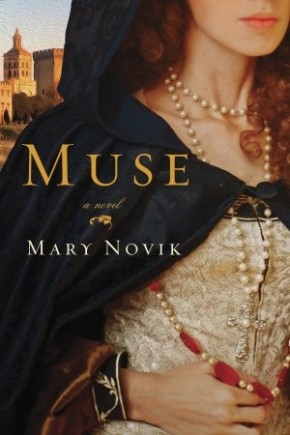 When I began to write fiction, I was drawn towards stories set in the past because I had a love affair with literary history. Erotic poetry has a particularly strong pull for me, so it’s not surprising that my two novels explore the intimate lives of real poets who wrote magnetically-charged love poems. I guess you could call this literary grave-robbing.
When I began to write fiction, I was drawn towards stories set in the past because I had a love affair with literary history. Erotic poetry has a particularly strong pull for me, so it’s not surprising that my two novels explore the intimate lives of real poets who wrote magnetically-charged love poems. I guess you could call this literary grave-robbing.
My first novel Conceit (Doubleday 2007) arose from my fascination with the poet John Donne and his seven children, especially his enigmatic daughter Pegge. I read his poems and studied maps and drawings of seventeenth-century London. However, the story didn’t really spark until I dreamt that Pegge rescued her father’s effigy out of the holocaust in Saint Paul’s cathedral during the Great Fire of 1666. This was such an obsessive act of father-love, so bizarre and so provocative, that I was hooked on Pegge and set out to discover, not in history but in my fictional world, what drove her to it.
 Muse is also set in an historical city heaving with life–Avignon in the fourteenth century when the popes lived there. When I visited the immense palace of the popes, I was stunned by the secular frescoes in Pope Clement VI’s bedchamber and found myself wondering what exactly went on there. It didn’t take much research to confirm that the Avignon popes were no saints. In fact, Clement had an unofficial hostess, the Countess of Turenne, whom he called his “niece”–quotation marks supplied by my fertile imagination.
Muse is also set in an historical city heaving with life–Avignon in the fourteenth century when the popes lived there. When I visited the immense palace of the popes, I was stunned by the secular frescoes in Pope Clement VI’s bedchamber and found myself wondering what exactly went on there. It didn’t take much research to confirm that the Avignon popes were no saints. In fact, Clement had an unofficial hostess, the Countess of Turenne, whom he called his “niece”–quotation marks supplied by my fertile imagination.
Although the church has swept much of the dirt under the rushes, we can’t ignore the poet Francesco Petrarch, who wrote scorching letters about the pope’s vices. I’d always admired his sonnets about the noble, un-beddable Laura. Now I was finding out that, far from being chaste himself, he fathered two children out of wedlock. Who was this flesh-and-blood woman he never married? Was she a scholar, a nun, a courtesan–maybe even the Pope’s “niece”? The facts sparked off one another and ignited into fiction. I now had my main character, Solange, who began telling the story in her own voice. As she navigates the labyrinth of her life, her eyes and ears bring the dark corners and deep pleasures of old Avignon alive for us.
